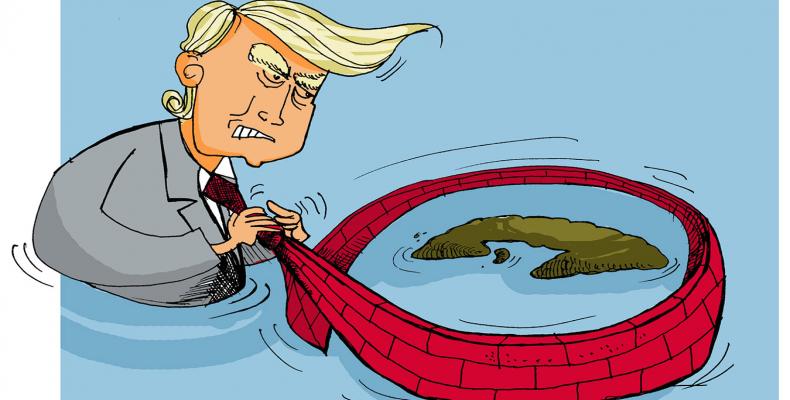Washington, May 2 (RHC)-- U.S. companies are the main target of the 25 lawsuits filed under Title III of the Helms-Burton Law, activated one year ago today as part of the U.S. administration's hostility towards Cuba.
The controversial Helms-Burton Law, which was approved by the U.S. Congress in 1996, codifies the economic, commercial and financial blockade imposed by Washington against the island almost 60 years ago and highlights the extraterritorial nature of the blockade.
Despite its entry into force at that time, all administrations since then had suspended the application of Title III, which allows U.S. nationals to sue those who "traffic" in "U.S. property" in Cuba.
Through this mechanism, it is possible to bring a law suit in U.S. courts against persons and entities, including those from third countries, who invest in Cuban properties nationalized after the triumph of the Revolution on January 1, 1959.
In what is seen as a contradiction with international law, that section grants claimant authority to Cuban-Americans who were Cuban citizens at the time the properties were nationalized.
The decision of the Donald Trump White House to implement such a provision was made despite calls from various sectors and traditional partners of Washington such as the European Union and Canada not to take that step, given the damage that could be caused to companies in those territories.
During the 12 months since the activation of the title, the effects of the U.S. policy are increasingly adverse to the island, both because of the effect of that specific measure, aimed at preventing foreign investment, and because of many other restrictions and attacks against the economy and development of the Caribbean island.
But, at the same time, the results of the implementation of the criticized legislative section do not seem to be those expected by the Trump government, since the number of lawsuits filed so far is much lower than expected, and it is American companies that have been hit the hardest by this action.


